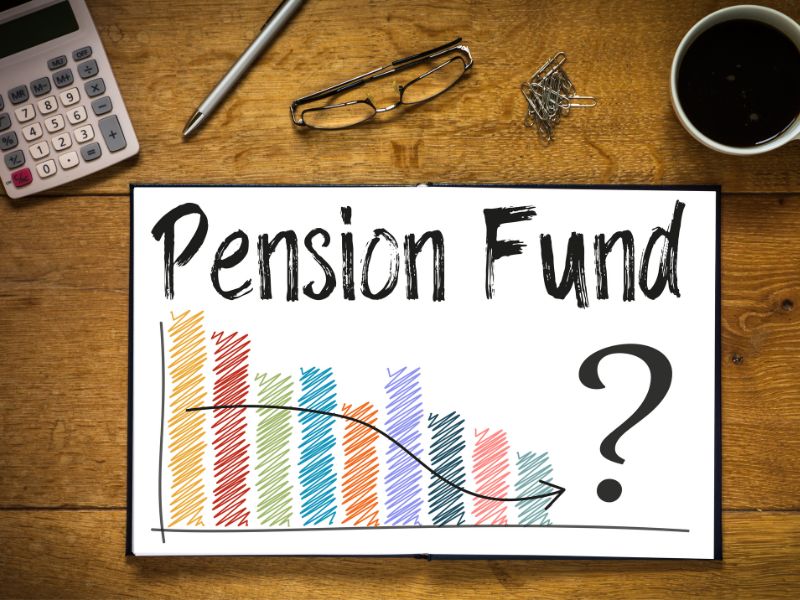
Plunging markets and poor annuity returns mean a bleak outlook for your pension
The financial markets are tanking and investors are even more risk-averse after the UK Brexit vote.
So how can you escape pension doomsday in the UK?
A hair’s breadth decision has plunged UK financial institutions into chaos. Even more worryingly, the result of the recent EU referendum could affect your personal finances long into the future. One area of particular concern is your pension fund. Here, we take a look at the implications of Brexit for your retirement savings, and attempt to answer the question, how can I cash in my pension to protect it from future risk?
The Effect Of Minimising Risk
There’s been uncertainty and volatility for the months leading up to the referendum. But ever since the shock ‘leave’ result on the 24th of June, the key theme for the financial markets has been minimising risk. Prudent investors have been selling precarious assets and turning towards precious metals and government bonds.
Bad News For Occupational Pension Funds
But the popularity of bonds is bad news for pension funds. Because they’re recognised as a stable asset with a predictable future performance, bonds are the investment vehicle of choice for most company pension funds. As bond prices rise, yields fall: a serious problem for bond investors. This downturn can only compound the existing UK pension deficit, estimated at a serious-sounding £935 billion.
Unless the financial health of the companies concerned takes a dramatic upturn, your pension could suffer. And don’t be too sure that the government will step in with a bail-out for your company scheme. At the last estimate, the coffers of the UK Pension Protection Fund only contained £4.8 billion.
Worse News For Drawdown
If you’re one of the hundreds of thousands of people who’ve taken advantage of the 2015 pension freedoms to embrace income drawdown, you should definitely sit up and take notice. The part of your pension which remains invested will probably be in the stock market. And we all know that the markets have slumped since the UK public voted to leave the EU.
You’re probably well aware that if you take too much income from your pension pot during the early years of retirement and your fund then performs poorly, you risk not having enough to live on in the future. Well, the post-referendum stock market plunge now makes this a distinct possibility for many. It’s likely to be especially acute for those with flexi-access drawdown plans, where an unlimited amount may be taken from the pension pot.
But We’ll Always Have The State Pension – Right?
At the last election, former Prime Minister David Cameron promised to keep the so-called ‘triple lock’ on the state pension until at least 2020. Having this system in place means that the state pension will definitely increase by at least 2.5%, or the value of inflation, or of average earnings. However, Cameron is gone, and the future of the triple lock is in question. In a post-EU Britain, the probability of a viable state pension looks much less certain.
What Should You Do?
If you’re not about to retire any time soon, the best advice is for you to keep calm and carry on paying into your pension fund. When the market falls it’s possible to buy investments for much less, giving your fund a boost when recovery finally happens. In this scenario, you could end up doing better over time than if all of the Brexit turmoil hadn’t taken place.
When you’re already receiving income from drawdown, it’s worth trying to limit the amount you take from your fund, especially in the early years of retirement. Get some independent financial advice if you can, and draw up a plan to minimise your losses.
The best way to future-proof your pension fund could be to take active control of the way your assets are invested. This is especially true if you have an annuity or are enrolled in an occupational pension scheme running a deficit. Do your homework, cash in pension early, and make the most of the current opportunity to invest at favourable rates. With any luck you’ll avoid pension doomsday and end up with a profitable portfolio instead.